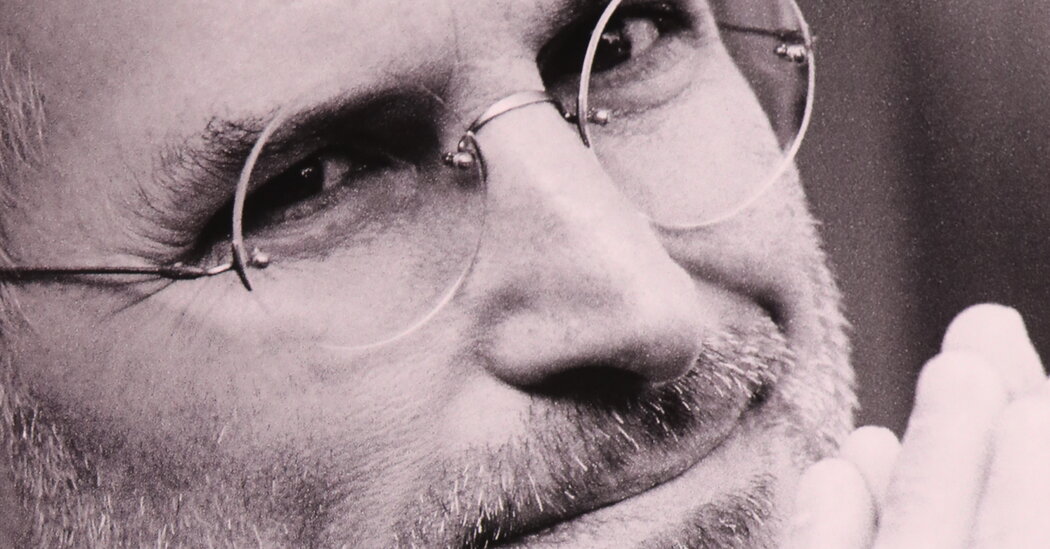Mickle builds a dense, pixelated mosaic of the company’s trials and triumphs, showing us how Apple, building on Ive’s successes in the 2000s, became Cook’s company in the 2010s. Ive, long-knight, Growing fascinated with opportunities outside of Apple — a museum exhibit, a charity auction, an immersive Christmas tree installation — Cook goes part-time in 2015. Realizing this is worse than having Ive fully present or absent, Cook convinces. him to come back, but his heart is clearly not with it. Finally, in 2019, Ive is leaving for good.
In the epilogue, Mickle drops his reporter’s detachment to share responsibility for the company’s failure to launch another transformative product. Cook is accused of being aloof and unknowable, a bad partner for Ive, “an artist who wanted to bring empathy to every product.” Ive is also accused of taking on “responsibility for software design and the management burden that he soon despised.” Towards the end, the feeling is palpable that the two have missed an opportunity to create a worthy successor to the iPhone.
It’s hooey too, and the best proof of that is the previous 400 pages. It’s true that Apple hasn’t created another device as important as the iPhone since Jobs’s death, but Apple hasn’t created another device as important as the iPhone. before he died too. It’s also true that Cook didn’t play the CEO role the way Jobs did, but no one ever thought he could, including Jobs, who on his deathbed advised Cook never to ask what Steve would do: “Just do what’s right.” .”
Ive and Cook wanted another iPhone, but, as Mickle’s extensive reporting makes clear, there was no other such device to make. Self-driving cars were too difficult, health equipment too regulated, television protected in a way music hadn’t, and even the earbuds and the watch, devices they actually supplied, were technical and conceptual peripherals to Apple’s best product.

